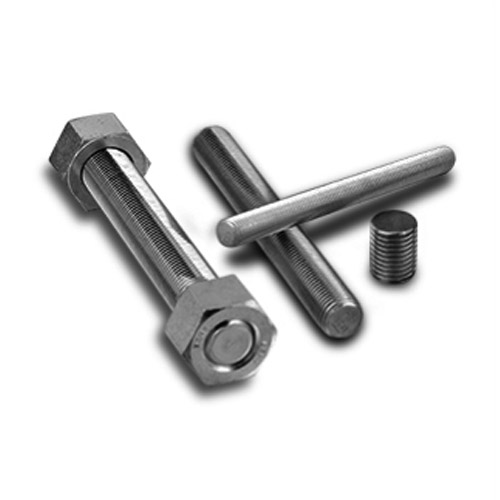High-Performance Diesel Rubber Fuel Lines for Enhanced Durability and Efficiency
Tet . 11, 2024 17:22 Back to list
High-Performance Diesel Rubber Fuel Lines for Enhanced Durability and Efficiency
The Role of Diesel Rubber Fuel Lines in Modern Fuel Systems
In the ever-evolving world of automotive technology, the components that make up fuel systems are crucial to the overall efficiency and performance of vehicles. Among these components, the diesel rubber fuel line plays a pivotal role in ensuring that fuel is delivered seamlessly from the tank to the engine. This article explores the significance, construction, and maintenance of diesel rubber fuel lines, shedding light on their indispensable role in modern diesel engines.
What are Diesel Rubber Fuel Lines?
Diesel rubber fuel lines are flexible hoses specifically designed to transport diesel fuel from the fuel tank to the engine. Unlike standard rubber hoses, these fuel lines are engineered to withstand the high pressure and chemical properties associated with diesel fuel. They are typically made from synthetic rubber compounds that provide better resistance to heat, abrasion, and fuel permeation.
Importance of Diesel Rubber Fuel Lines
1. Fuel Delivery System Efficiency Diesel engines rely on a steady and efficient flow of fuel for optimal performance. Rubber fuel lines are critical to maintaining the pressure and integrity of the fuel delivery system. Any leaks or obstructions in the fuel lines can lead to decreased engine efficiency, increased fuel consumption, and ultimately, higher emissions.
2. Durability and Safety The high operating pressures in diesel systems require fuel lines that can withstand harsh conditions. Quality rubber fuel lines are designed to be durable, reducing the risk of ruptures and leaks, which can lead to dangerous fires or hazardous spills.
3. Temperature Resistance Diesel engines generate significant heat during operation. The materials used in manufacturing diesel rubber fuel lines are specifically formulated to resist degradation at high temperatures, ensuring that the lines do not melt or deteriorate under stress.
4. Vibration Dampening Diesel engines produce vibrations that can affect the integrity of fuel lines. Rubber is an excellent material for dampening these vibrations, thereby prolonging the lifespan of the fuel delivery system and preventing premature wear and tear.
diesel rubber fuel line

Construction of Diesel Rubber Fuel Lines
The construction of diesel rubber fuel lines typically involves multiple layers. The inner lining is often made from a synthetic rubber material designed for fuel compatibility. Above this liner, a braided mesh or textile layer adds strength, while an outer coating protects against environmental factors such as UV rays, ozone, and abrasion.
Quality assurance during manufacturing is vital. Fuel lines must meet specific industry standards to ensure that they can withstand internal pressure, resist fuel permeation, and endure extreme temperatures.
Maintenance and Replacement
Proper maintenance of diesel rubber fuel lines is essential to ensure their longevity and reliability. Regular inspections should be conducted to check for signs of wear, such as cracking, swelling, or leaks. In addition, the fittings and connections should be examined for secure attachment and signs of corrosion.
Typically, diesel rubber fuel lines should be replaced every few years or as indicated by the manufacturer's recommendations. Using high-quality replacement lines and ensuring professional installation can significantly enhance the durability and efficiency of the fuel system.
Conclusion
Diesel rubber fuel lines are a fundamental component of diesel engines that contribute significantly to their performance and safety. Understanding their role, construction, and maintenance can help vehicle owners and operators ensure that their engines run smoothly and efficiently. In a world increasingly focused on sustainability and efficiency, paying attention to every detail in the fuel delivery system, including the humble, yet essential diesel rubber fuel line, is critical for both peak performance and environmental responsibility.
